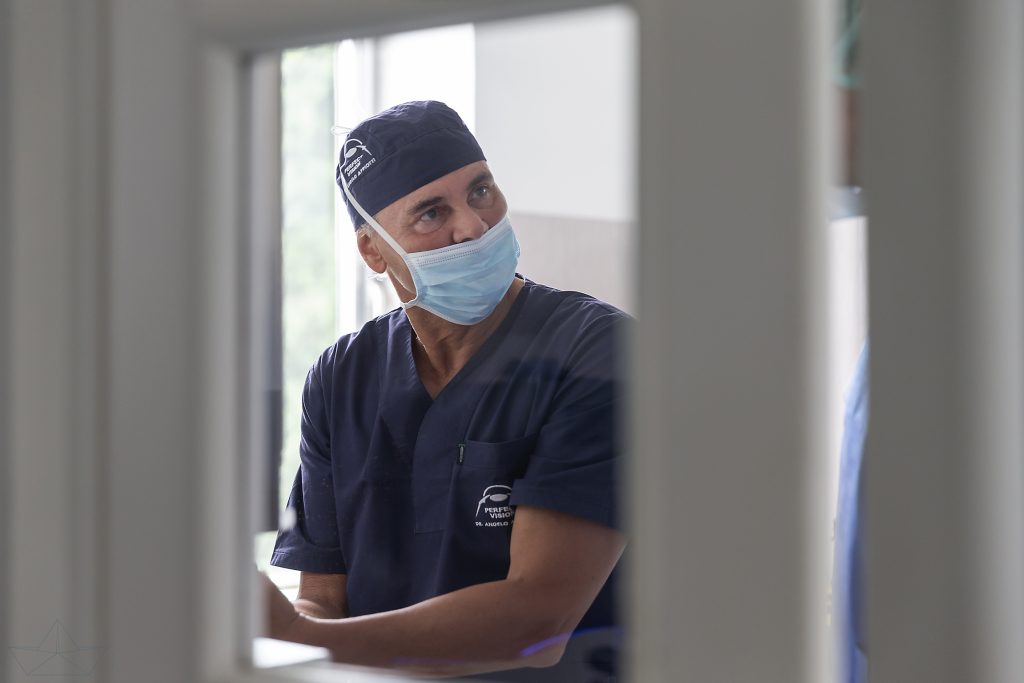Are 10,000 hours enough to become a good refractive surgeon?

In 1993 a psychologist named K. Anders Ericsson published a study in which he tried to find out what makes people able to reach the highest levels of competence in specific discipline. From this study the 10,000 hours theory was born, this theory states that dedicating 20 hours a week for 50 weeks a year in 10 years anyone can reach mastery levels in any subject.
Reading this study I wondered if it was only the sheer amount of time spent in a operating theatre that has made me the surgeon I am today.
Honestly, I find it very hard to believe that time is the only real factor in becoming a good surgeon. By all means, the number of operations is and will always be a fundamental part in evaluating the capacities of a surgeon. It’s inevitable, as it is true in most things in life, that experience plays a major role in becoming good at your job. Only with time and thousands of operations did I acquire the confidence to act in any situation that I, as a surgeon, find myself in.
Surely experience has given me a lot, but it has not been the only factor that has made me become the professional and the person I am today. There a many surgeons who have performed refractive surgery for years but have not reached mastery levels in their discipline.
What is a good predictor of success in our profession?
Which is that core trait that Erikson looked for, when it comes to surgery?
I don’t believe there is an easy answer to this question, truth be told there many factors that come in to play. We already said that experience is a key component, but it does not suffice. The concept of “talent” is to abstract and difficult to pin down so I won’t delve on it to much, although it is obvious, as it is in any part of life, that there are those who are more or less predisposed to do well in an activity.
What’s left?
I believe that a deciding factor which is often overlooked is the mindset of a surgeon. The mindset is determined by characteristics of an individual that allows that individual to succeed where others fail. A surgeon, I believe, has to have two major characteristics that at a first glance may seem incompatible: confidence and humility.
Confidence is fundamental for a good surgeon, for it allows to work decisively and with a strong grasp on the situation not allowing external factors to interfere with the outcome of the operation. This confidence must come from the knowledge that your actions are valid and that you have taken into account every major aspect of the surgery. Humility instead allows you to stay up to date with every new technique and information without refuting new advancements even when they might change your work method.
A practical example of the importance of remaining up to date has been seen with the introduction of the ReLEX SMILE, this new refractive technique has expanded the horizons of refractive surgery.
It would have been easy to keep on working only using old techniques (that are absolutely valid in many cases), but for me it was fundamental to put myself back in the game and learn a new technique that would be able to offer a new and for many aspects better alternative for my patients.

Envision Your Vacation
Let’s be honest, spring is inspiring not only because trees are in full bloom but…

Be Aware of Light
Have you ever wondered why light is so gentle and warm at sunrise and sunset…

Give Yourself a Gift: Good Vision
A couple of days ago a friend texted me that while at lunch with one…